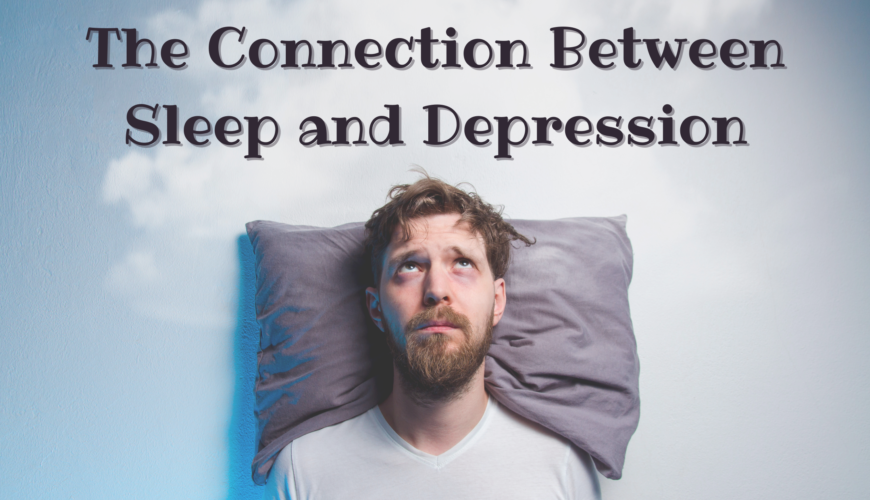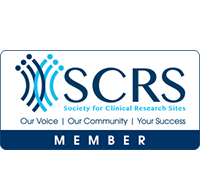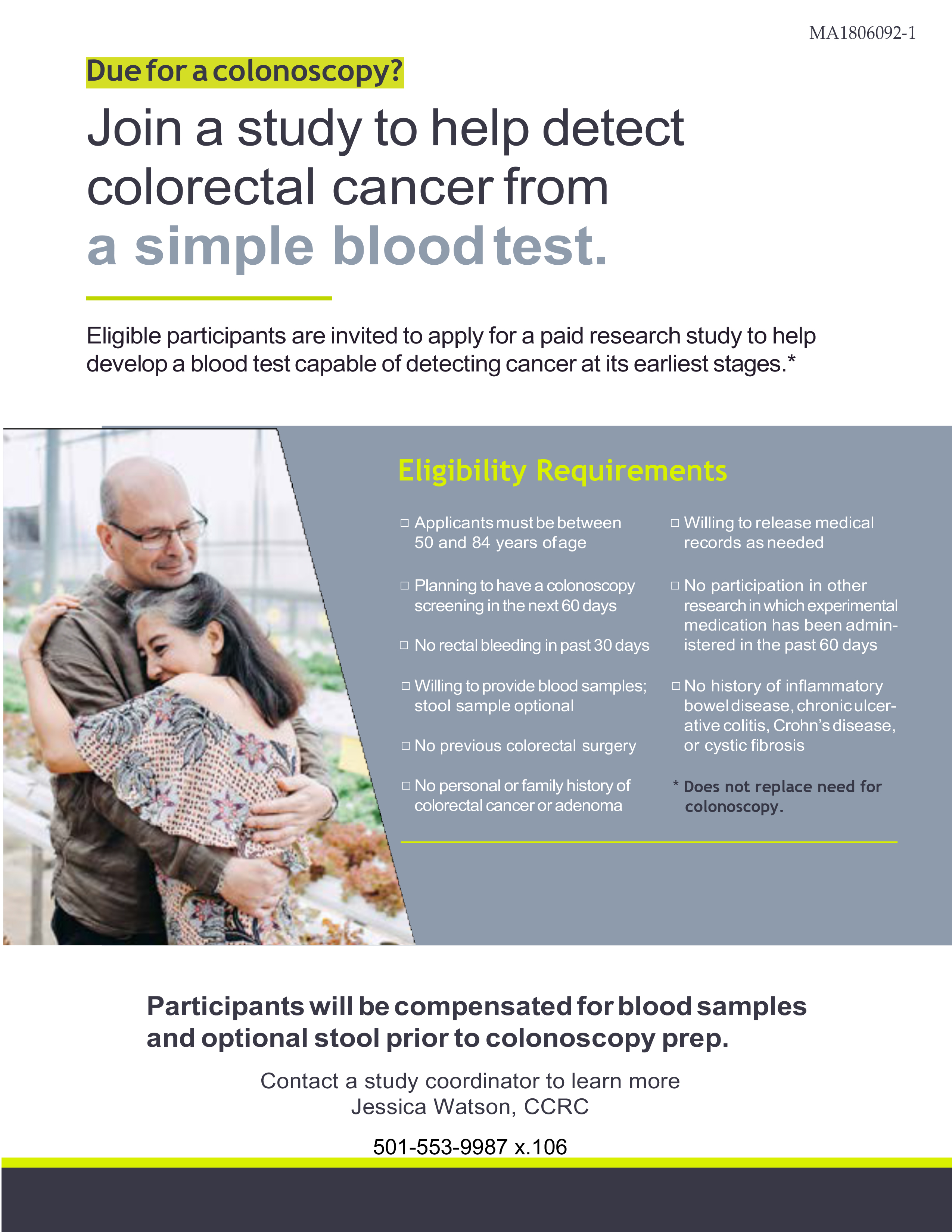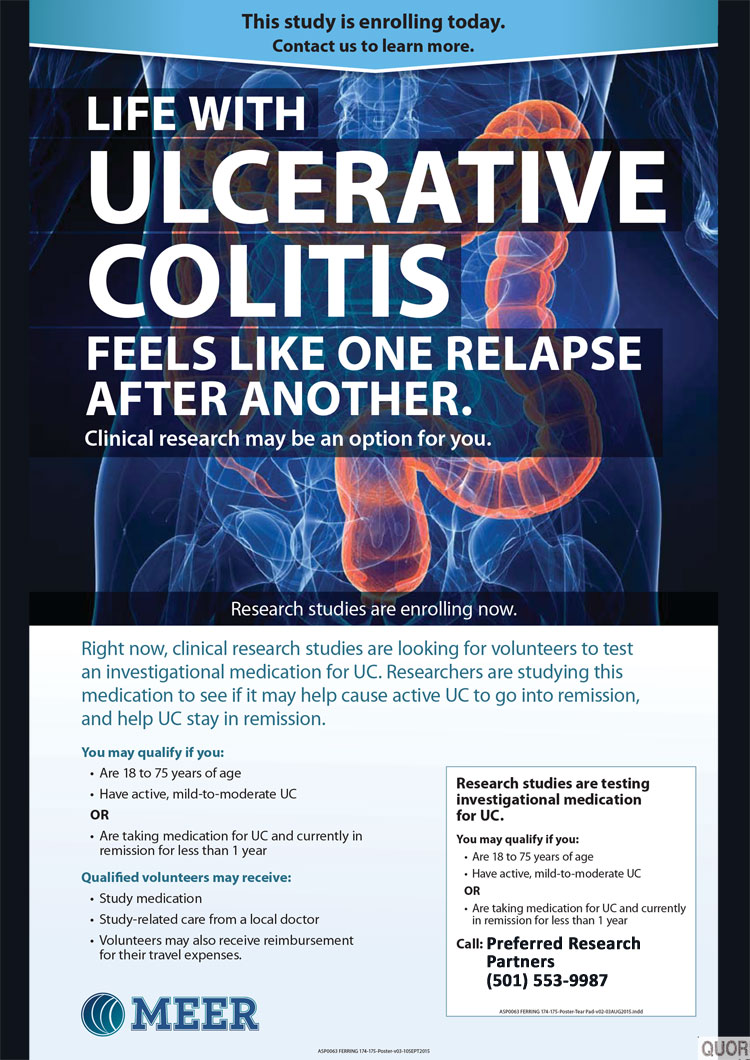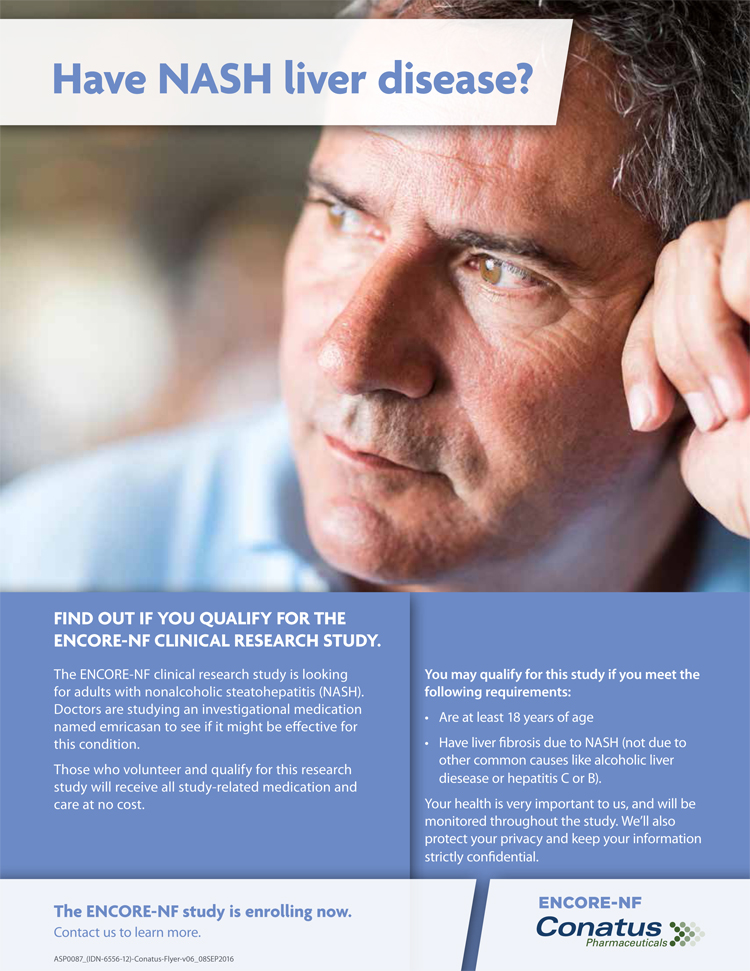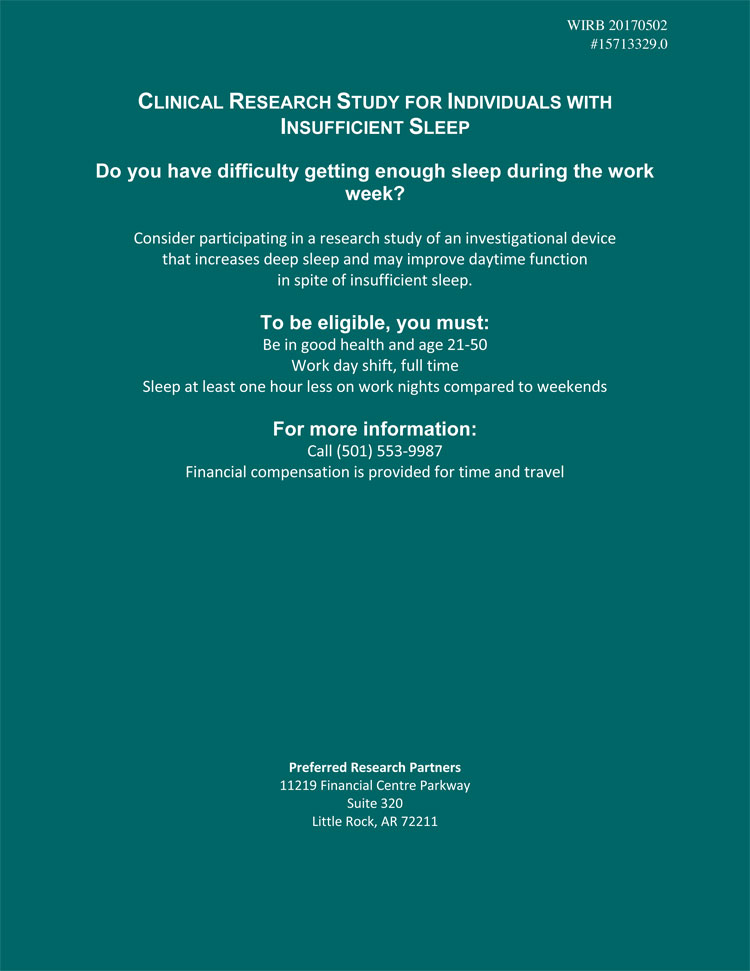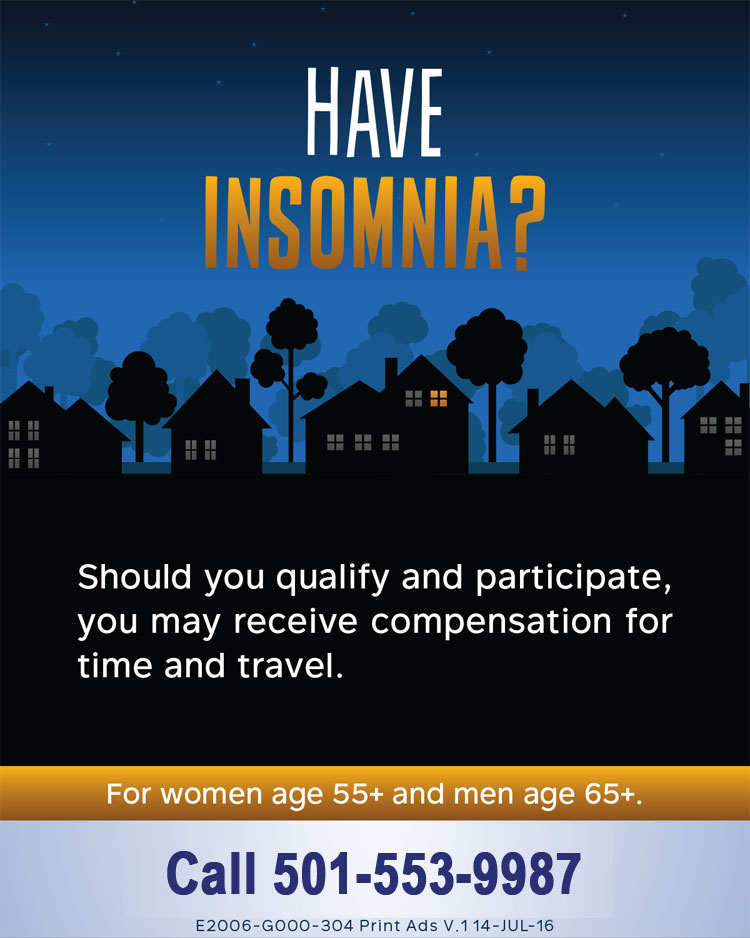Did you know that up to 80% of people living with depression experience sleep disturbances of some kind? Some people living with depression have trouble getting out of bed in the morning, while a much larger portion of the population have insomnia, or difficulty falling and staying asleep. It is no surprise that depression and insomnia go hand in hand, but the correlation can become somewhat of a gray area when it comes to professional diagnosis and treatment.
What is Insomnia?
Insomnia is a common sleep disorder that causes individuals to struggle or staying asleep. Many people wake up too early and cannot fall back asleep, causing them to feel groggy or irritable during the day. Acute or short-term insomnia lasts anywhere from a few days to weeks as a result of a stressful or traumatic event, while others live with chronic or long-term insomnia lasting a month or longer. The condition becomes more common with age.
Insomnia and Depression
Previous research led professionals to view insomnia as merely a symptom of depression, but new studies have revealed that this is not always the case for some patients. Some people develop insomnia due to their depression, while others experience the reverse – insomnia that later leads to the diagnosis of depression. In fact, patients with persistent insomnia are more than three times more likely to later develop depression compared to those who sleep well at night. For this reason, it is critical for treatment providers to pay close attention to patients and their individual experiences to determine effective treatment.
Insomnia has several health implications beyond depression, including a heightened risk of heart disease, high blood pressure, diabetes, and obesity. Recent findings show that insomnia often presents itself before a depressive episode strikes, so trouble sleeping may serve as a warning sign for patients living with depression that comes and goes in waves.
How to Manage Insomnia
Many remedies and lifestyle changes that professionals prescribe to improve sleep function in patients living with insomnia are also recommended to manage depression, making treatment for these related conditions a bit easier to navigate. Regular activity throughout the day makes it easier to get to sleep at night. Naps during the day should be avoided, and caffeine and alcohol should be limited. Adhering to a routine sleeping schedule and implementing a relaxing bedtime ritual such as taking a warm shower, reading a few chapters of a book, and listening to soft music can promote a good night’s sleep.
Join a Clinical Trial with Preferred Research Partners
Whether insomnia is the cause or effect of depression, there is hope for those struggling. Learn more today about clinical trial opportunities with Preferred Research Partners in Little Rock, Arkansas. You may be eligible to receive treatment at no cost to you and contribute to the advancement of medical research!

